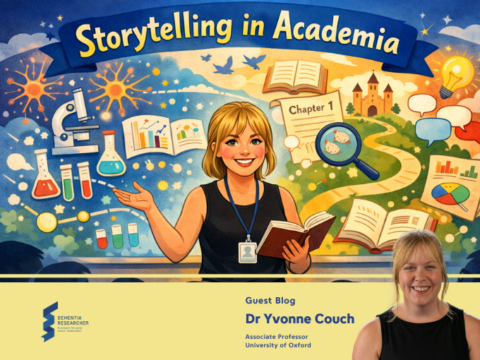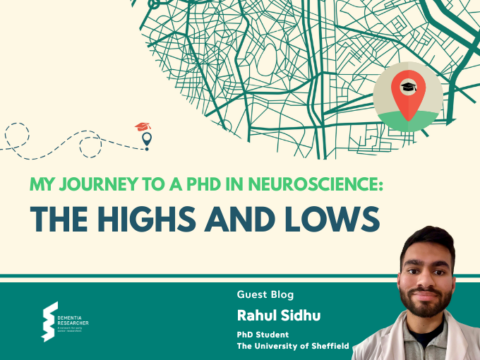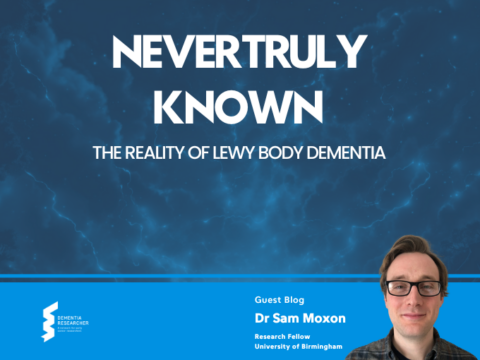Being a final year student or a recent graduate, it’s not hard to fall into the slippery slope of comparing yourself to others. Seeing others’ achievements and milestones and thinking you’re far behind relative to them, especially in this digital age, is something we can all relate to. But I believe there is a way to use this to our advantage and that is what I am going to delve into deeper in this entry.
The Good: I’ll admit, comparison has sometimes lit a fire under me. It wasn’t that long ago that I saw friends of mine celebrating their graduation and their stellar grades. Not only did I feel very proud and happy, I also felt a slight sense of envy. However, that green eyed monster pushed me to tackle this new academic year to the best of my ability. By making sure I’m doing my extra reading for lectures, starting my revision early and applying for post-graduate jobs/PhD studentships at the same time, I’m preparing myself for – hopefully – a successful academic career.
The Bad: But it’s not always sunshine and motivation. There are days when scrolling through LinkedIn feels like some sort of self-torture. Though I am not a PhD student, I can appreciate that some of you out there may have found yourself in a spiral once or twice and maybe question the decisions you’ve made. For example, at a conference when you see someone has gotten further ahead in the journey or their name is on a published research paper or they’re able to apply for internships and were successful in landing one, but you weren’t. The self-doubt can become overwhelming, I know. I’ve also noticed how this constant comparison has skewed my perception of success. I catch myself dismissing my own achievements because they don’t seem as impressive as what I see online or in person.
The Ugly: Fortunately, I haven’t reached the ugly stage of comparison – and I hope it stays that way! However, I know there are some people out there who have suffered from this comparison game and has, sadly, resulted in friendship problems. Or even worse, this constant negative feeling can sometimes hold people back from putting themselves out there. For instance, there could be a job advert out for a research assistant position that someone could be interested in, but after seeing the calibre of students applying, they talk themselves out of even trying. All you’ll end up is with regret, realizing that you robbed yourself of an opportunity before even giving yourself a fighting chance.
Finding Balance: Navigating this comparison minefield hasn’t been easy, but I’m learning. Here’s what’s been helping me and what I think could help others:
- Focusing on My Path: I’ve started keeping a “wins” journal where I jot down my accomplishments, no matter how small. Honestly, it helps me see my own progress instead of fixating on others’.
- Social Media Boundaries: I haven’t had to do this, but I think muting some accounts that can trigger negative comparisons and set time limits for LinkedIn and Instagram can be a game-changer for your mental health.
- Real Talk with Peers: I’ve had some honest conversations with classmates about the pressure we’re all feeling. It’s comforting to know I’m not alone in this struggle.
- Personal Goal Setting: I’ve defined what success looks like for me, independent of others’ achievements. It’s helping me stay focused on my own path.
- Remembering the Full Picture: When I see someone’s success, I remind myself that I’m only seeing part of their story. Everyone has got struggles and setbacks, even if they’re not visible.
This journey of managing comparisons is ongoing, and I still have days where I fall into the trap. But I’m learning to use it as a tool for growth rather than a weapon of self-destruction. As I approach graduation, I’m trying to keep my eyes on my own paper, figuratively speaking, while still drawing inspiration from those around me. After all, success isn’t a finite resource. And that’s a comforting thought as I step into the next chapter of my life.

Yasmin Bonsu
Author
Yasmin Bonsu is an an undergraduate student from the University of Manchester, who recently completed a placement year in the Carlyle Lab at Oxford University. Yasmin was investigating the activity of proteoforms of the granin family in cortical neurons insulted with oligomerised amyloid beta. Her goal is to her bachelor’s degree in neuroscience, and then pursue a PhD in clinical neuroscience. Through Yasmin’s blogs we’ll gain insights on life as an undergraduate, and hopefully inspire others to pursue a career in dementia research.

 Print This Post
Print This Post




